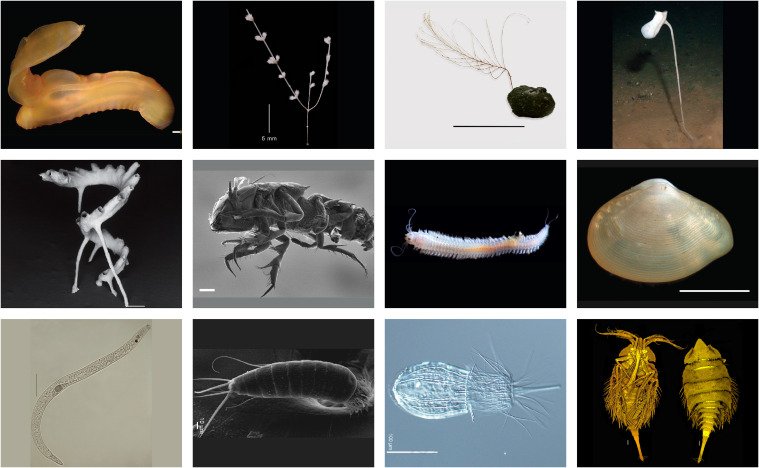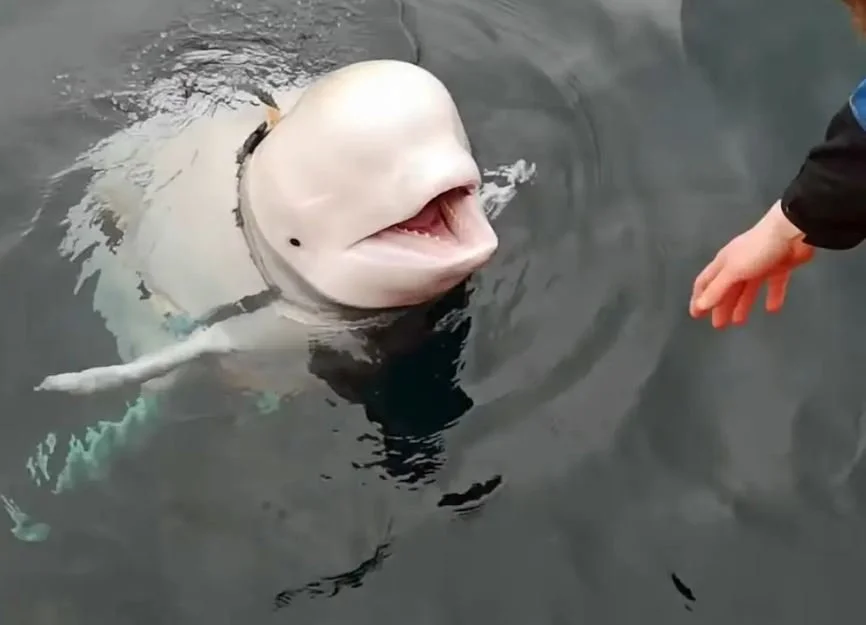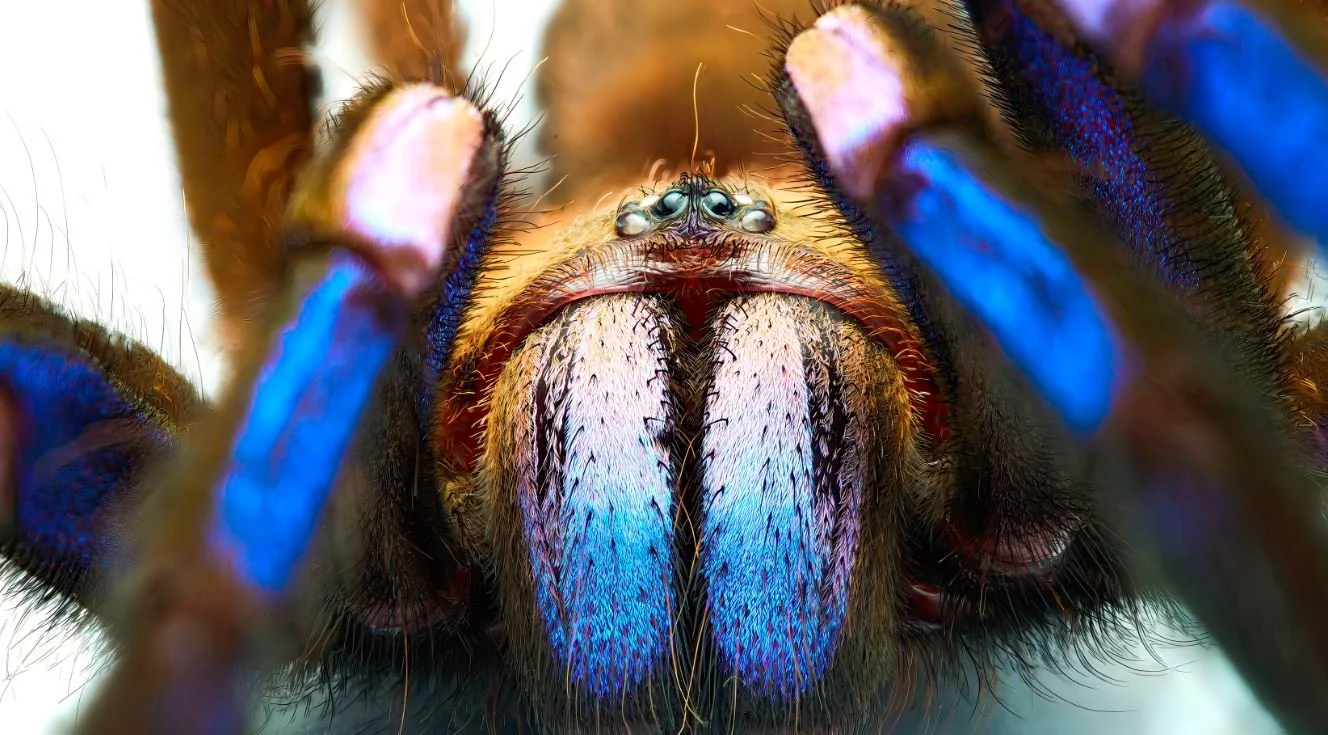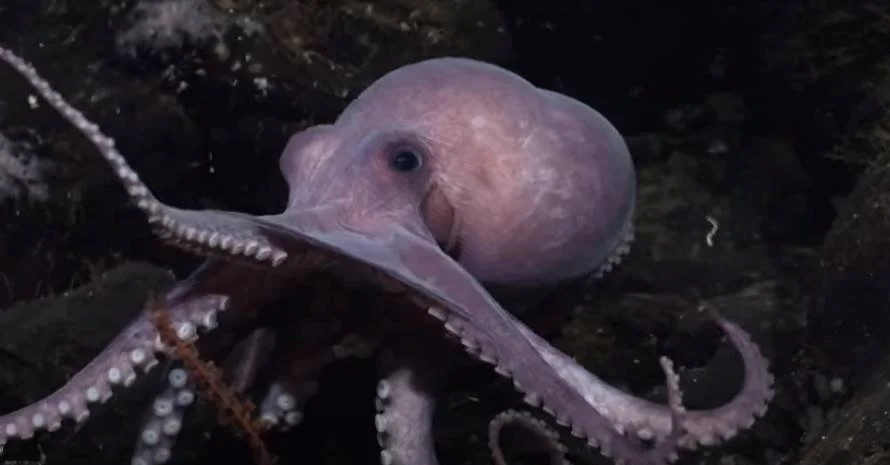5000 New Deep-Sea Species Found In Area Soon to be Mined to Oblivion
A deep-ocean survey in the Pacific has revealed about 5,000 previously unknown species, but all of them are about to be disturbed – at least – by several mining projects under review for the area.
The results, published in the journal Current Biology, unveil an incredible 5,578 different species, with around 88-92% of them new to science. “We share this planet with all this amazing biodiversity, and we have a responsibility to understand it and protect it,” Muriel Rabone, the paper’s lead author and a deep-sea ecologist at the UK Natural History Museum told The Guardian.
Protecting it will be complicated by plans to mine the area known as the Clarion-Clipperton Zone, an area not only rich in biological diversity but in minerals — cobalt, copper, nickel, and manganese – all components used to manufacture batteries. Mining companies from the US, UK, and China are among the 17 contractors (so far) vying to extract these resources – potato-sized rocks called “polymetallic nodules” – in the 12-million-sq-mile area at depths between 13,000 and 20,000 feet. For added irony: the materials they seek happen to be key to the transition to “green energy.”
Sir David Attenborough, among many others, wants to pump the brakes on massive deep-sea mining plans and is proposing a moratorium, at least. “The rush to mine this pristine and unexplored environment risks creating terrible impacts that cannot be reversed,” he wrote in the forward to a recent report by Fauna & Flora International. “We need to be guided by science when faced with decisions of such great environmental consequence.”
Before we destroy this largely unknown ecosystem, we should at least know what we’re killing off. Sponges, jellies, worms, fish, sea spiders, and more are among the thousands of species that we haven’t even named yet. We do know that these creatures are among the oldest species on Earth, some of them prowling the depths undisturbed for hundreds of millions of years. Those days are probably over.
Photo credit: Current Biology
Photo credit: SMARTEX Project/smartexccz.org








